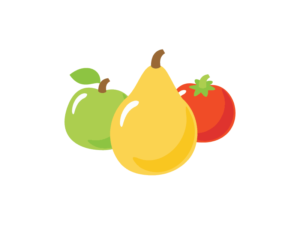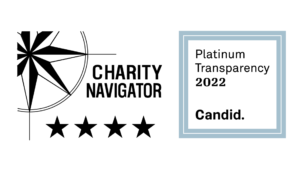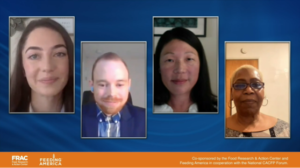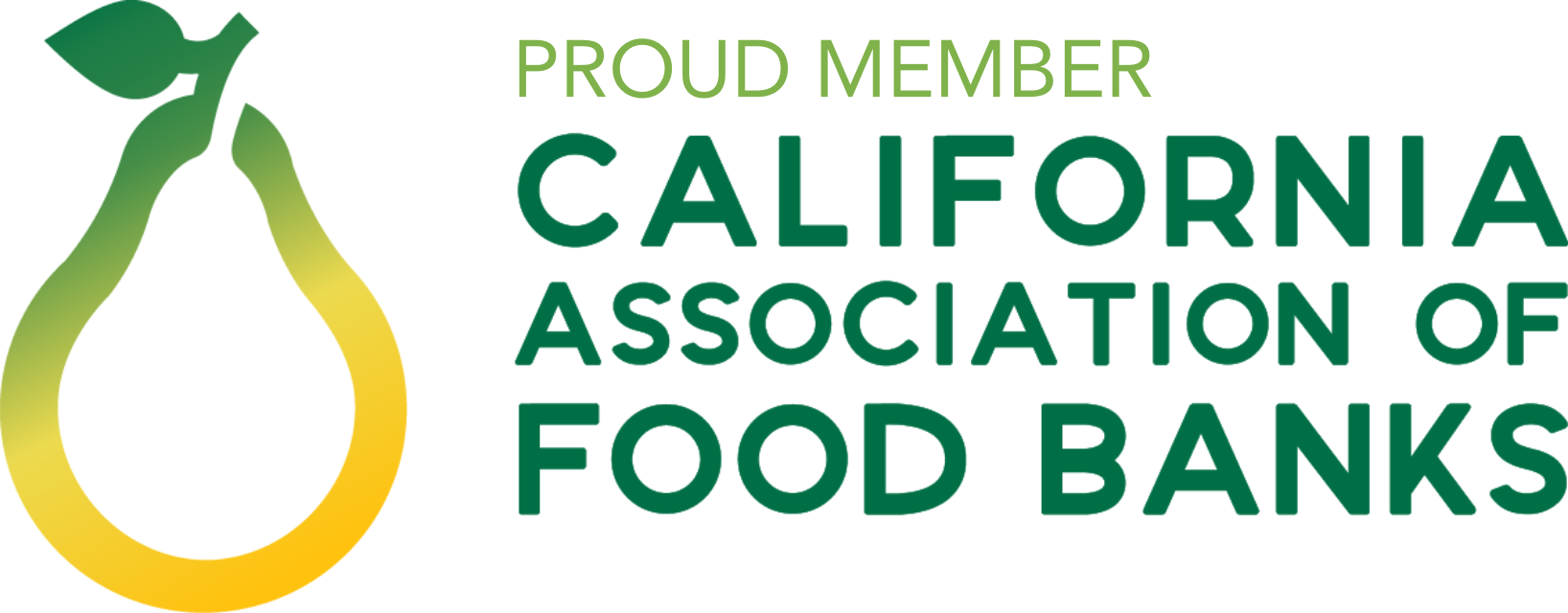
Food Bank Unveils Three-Year Strategic Plan
The Food Bank of Contra Costa and Solano delivers its mission of fighting hunger each and every day. Bringing that mission to life requires being responsive to the needs of our community and setting new goals to mark our progress and impact. Recently, the Food Bank partnered with its Board





